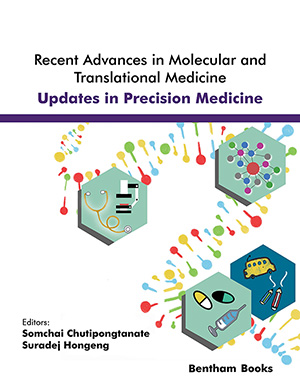Abstract
Medical knowledge and healthcare information have dramatically expanded in the past decades. The advents of medical ultra-subspecialty, mandated regulatory agencies, and modern molecular techniques (–omics) have made the field of Medicine spread in both depth and breadth. Medicine has become extremely complex beyond the unaided human mind. Humans make majority of decisions using six or fewer data points, otherwise, the human brain can become mentally exhausted. Artificial intelligence (AI) has been designed to analyze seamlessly over thousands of data points, including complex nonlinear interaction between data points. A novel perspective of a future in medicine incorporates data-driven systems while AI and clinicians work collaboratively in conditional automation, similar to the current state of automatic vehicles. The role of human physicians may shift to back-up decision making and diagnosis of rare diseases, rather than routine, repetitive works. Given the expected growth in the field, physicians should be familiar with the opportunities and limitations of AI and machine learning. This chapter will lay out the principle concepts of artificial intelligence, machine learning and artificial neural networks and will explore the recent studies and possible implications of AI in medical specialties.
Keywords: Artificial intelligent, Deep learning, Healthcare, Machine learning.






















